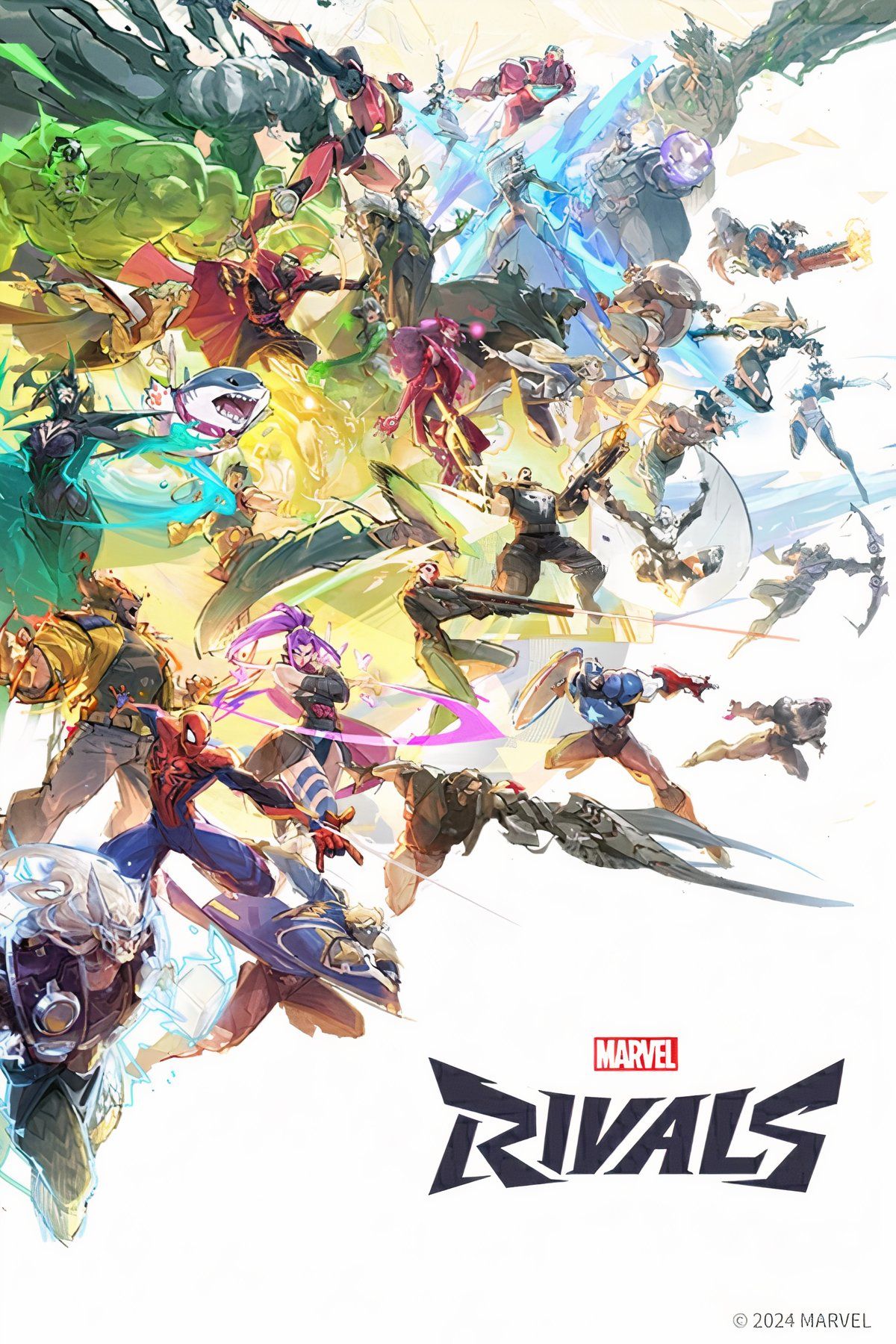Summary
- The European Commission and the Consumer Protection Cooperation Network have established a set of guidelines aimed at stopping game companies from exploiting people with virtual currencies.
- In these guidelines, it states that companies will no longer be able to disguise the price of microtransactions with virtual currency within the European Union.
- It’s not written in law, so companies are still free to do as they please, but it is a big deterrent and the CPCN has threatened to “take further actions” if they’re ignored.
Nowadays, it can be very easy to rack up a big bill when it comes to online gaming, especially with the price of cosmetics like skins and emotes climbing almost constantly. Games like Marvel Rivals, Overwatch 2, Fortnite, and more thrive pretty much exclusively on the sales of microtransactions, and it can be easy for some to spend a lot of cash on virtual currency without realizing it.
Genshin Impact recently found itself in hot water due to similar issues, as the FTC claimed the game was hiding how much money it would take to pull rare characters from loot boxes. Now, it’s the turn of the European Commission and the Consumer Protection Cooperation Network, which have published guidelines on virtual currencies following an investigation into a game called Star Stable Online.
EU Bans Games From Disguising The Price Of Microtransactions With Virtual Currency
In the investigation, it was found that Star Stable Online was engaging in business practices that were “particularly harmful to children”, and convinced both that there is a “need for European consumers to be better protected”. To help on that front, both have now established guidelines with seven “key principles” that must be followed when it comes to virtual currencies:
- Price indication should be clear and transparent.
- Practice obscuring the cost of in-game digital content and services should be avoided.
- Practices that force consumers to purchase unwanted in-game virtual currency should be avoided.
- Consumers should be provided with clear and comprehensive pre-contractual information.
- Consumers’ right of withdrawal should be respected.
- Contractual terms should be fair and written in plain and clear language.
- Game design and gameplay should be respectful of different consumer vulnerabilities.
That’s a lot of jargon, but one of the biggest points there is that game developers and publishers can no longer hide the price of microtransactions with virtual currencies, without falling foul of these new guidelines. It doesn’t mean virtual currencies are going away forever, but it will likely require all online games released in the EU to clearly display the real-world price of any cosmetics you can buy with them.

Related
Overwatch 2’s Loot Boxes Returning Is A Sign Gaming Has Lost
Gamers have decided once and for all that gambling is good.
It’s worth noting that these guidelines are not written in law, meaning developers and publishers don’t have to abide by them if they don’t want to, but it does mean they’ll be more susceptible to lawsuits. If a company is sued, whoever does it will have the backing of the European Commission and Consumer Protection Cooperation Network.
It’s essentially a very strong deterrent, but companies are also warned that the Consumer Protection Cooperation Network will “monitor progress and may take further actions if harmful practices continue”. The bad news is that this is only for the EU, so the likes of the UK and US will still have the real price of microtransactions most likely hidden for now. But hey, a win is a win.

Third-Person Shooter
Action
Multiplayer
- Released
-
December 6, 2024
- ESRB
-
T For Teen // Violence
- Developer(s)
-
NetEase Games
- Publisher(s)
-
NetEase Games













Leave a Reply